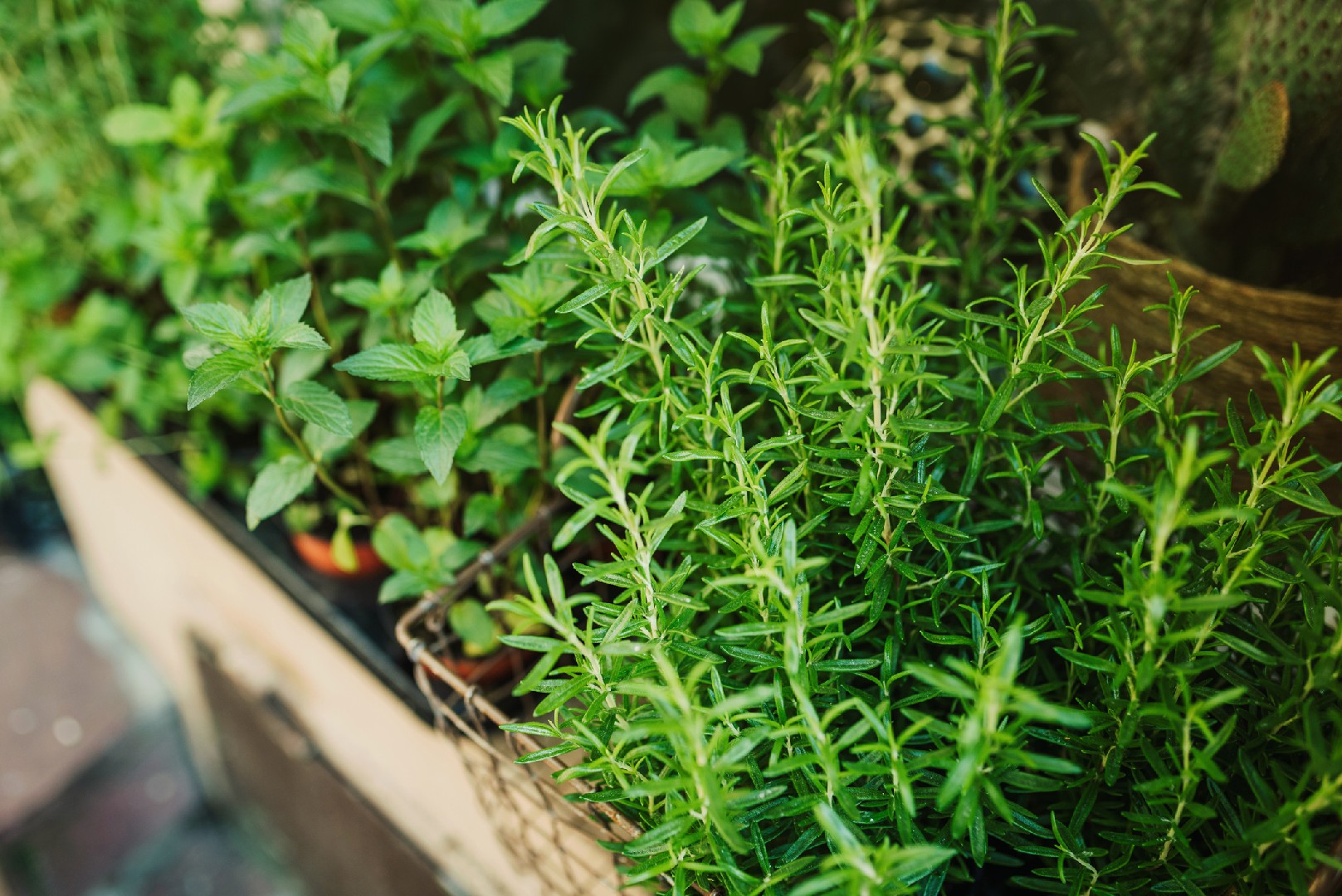![Rectangle]()
Why Organic Herb Gardening?
Organic herb gardening is not only a delightful hobby but also a way to cultivate flavor the natural way. By growing your own herbs in an organic garden, you can enjoy a plethora of health and environment benefits. Organic herbs are free from harmful pesticides, artificial fertilizers, and genetic modifications, making them a safer choice for consumption.
One of the major differences between organic herbs and conventionally-grown herbs is their flavor. Organic herbs have a more robust and intense flavor compared to their conventionally-grown counterparts. This is because organic herbs are allowed to grow at their own pace, without the use of chemical additives that can alter their taste. When you use organic herbs in your culinary creations, you can truly savor the rich and natural flavors they offer.
Not only are organic herbs bursting with flavor, but they are also packed with nutrients. Studies have shown that organic herbs have higher levels of essential vitamins, minerals, and antioxidants compared to conventionally-grown herbs. By incorporating organic herbs into your diet, you can enhance the nutritional value of your meals and support your overall well-being.
In addition to their health benefits, organic herb gardening promotes a self-sustaining ecosystem. By avoiding the use of harmful chemicals, you create a safe haven for beneficial insects and wildlife in your garden. Bees, butterflies, and other pollinators are attracted to the vibrant colors and aromatic scents of organic herbs, contributing to the biodiversity of your surroundings.
To get started with organic herb gardening, there are a few key methods and skills you should be aware of. First and foremost, choose a suitable location for your herb garden. Most herbs thrive in well-drained soil and require at least six hours of sunlight per day. If you don't have a backyard, you can opt for container gardening and grow your herbs in pots or raised beds.
Next, select the right herbs for your garden based on your personal preferences and culinary needs. Popular choices include basil, mint, rosemary, thyme, and parsley. Ensure that you source organic seeds or seedlings from reputable suppliers to maintain the organic integrity of your garden.
When it comes to caring for your organic herb garden, prioritize soil health and water management. Use organic compost or natural fertilizers to nourish the soil and promote the growth of strong and healthy plants. Remember to water your herbs regularly, but be mindful not to overwater as it can lead to root rot.
Finally, harvest your organic herbs with care. Clip the leaves and stems as needed, ensuring that you leave enough foliage for the plant to continue thriving. You can use fresh herbs immediately in your cooking or dry them for later use.
In conclusion, organic herb gardening is a rewarding and sustainable practice that allows you to enjoy flavorful herbs while prioritizing your health and the well-being of the environment. By following the methods and skills outlined above, you can create your own organic herb garden and savor the numerous benefits it brings to your culinary adventures.





